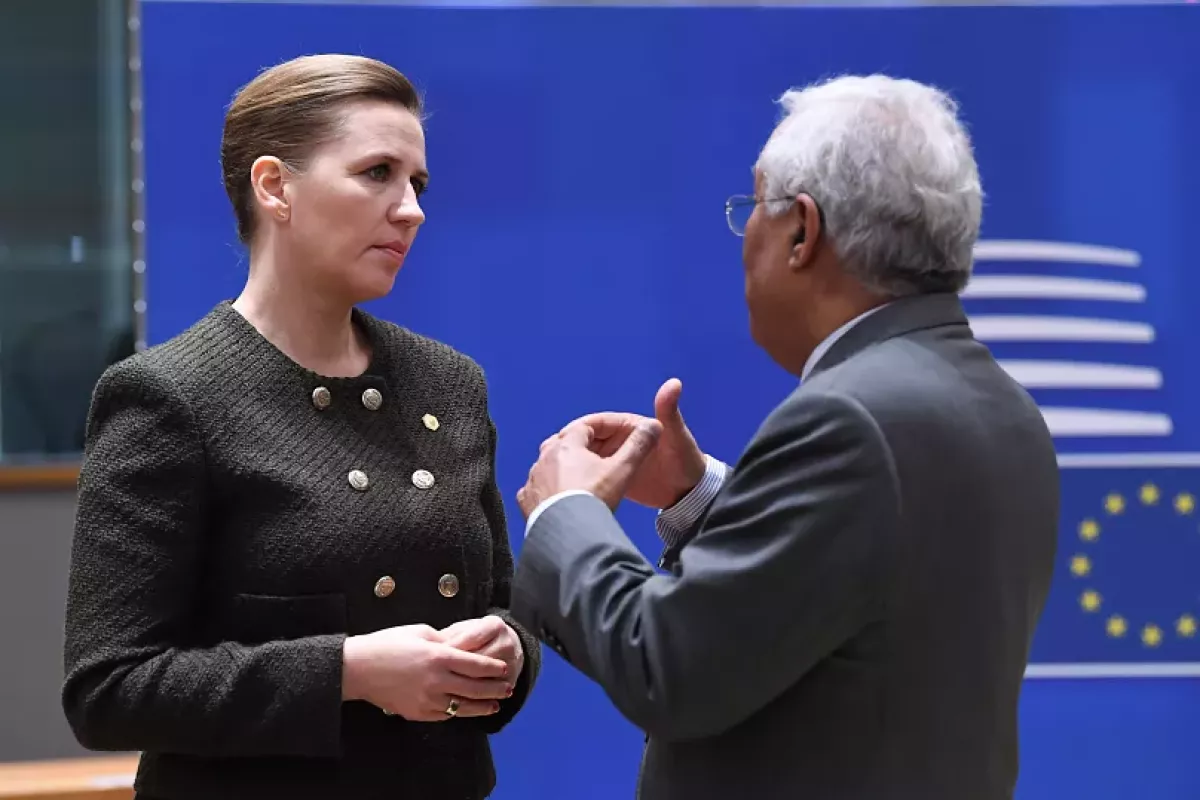How Denmark's left-wing government inspires rightward shift in Europe
Denmark maintains some of the toughest asylum laws in Europe, offering refugees only temporary protection, regardless of their circumstances. The Nordic country has tightened family reunification rules and adopted policies that prioritize deportation over integration. Its approach has increasingly become a template for other left-leaning governments in Europe, including the UK, as they struggle to address voter concerns over immigration.
Social Democrat Mette Frederiksen won Denmark’s 2019 election on a platform that blended ambitious climate reforms and lowering the pension age for manual workers with stricter migration policies. Frederiksen has justified these measures by framing immigration as a challenge to the affordability of public services and the welfare state, as an article from The Conversation notes.
While strict asylum rules were already in place before Frederiksen took office, her administration has made them even more "draconian", as the publication describes. In her own words, migration “is challenging Europe, affecting people’s lives, and the cohesion of our societies”.
The article examines how a left-wing leader has come to preside over such a severe migration regime—and what that means for the rest of Europe.
Evolution of Danish policies
For years, Denmark’s migration policies have been influenced by the far right. Minority governments have often relied on far-right parliamentary support. Frederiksen’s 2019 victory was built on a migration agenda that closely mirrored that of the far-right Danish People’s Party.
Denmark had already tightened asylum measures during the 2015 refugee crisis. The article highlights laws restricting refugees’ ability to bring family members, introducing temporary permits that could be revoked at any time, and placing greater integration-related requirements on asylum seekers and immigrants.
In 2018, legislation targeting “parallel societies” took effect, allowing the government to demolish or sell social housing where more than half of residents are from a “non-western” background, if additional crime and poverty criteria are met. Refugees living in such areas are barred from family reunification.
In 2021, Frederiksen introduced a new deportation law enabling the return of refugees to their home countries if Denmark deemed them safe.
As the article recalls, her government classified parts of Syria as safe for return, allowing the revocation of Syrian refugees’ residence permits. Yet without diplomatic relations with the Syrian government, deportations could not take place, leaving people removed from education and employment and sent to deportation camps.
Also in 2021, the European Commission ruled that Denmark’s legislation allowing asylum seekers to be transferred to third countries for processing was incompatible with EU law. However, Denmark’s opt-out from EU justice and home affairs under the 1992 Maastricht Treaty means it is not bound by EU rules on border control and immigration.

Leaving imprint on European policies
Since assuming the presidency of the Council of the European Union in July 2025, Denmark has placed migration at the forefront of the agenda. Frederiksen has used this role to advocate for stricter, Danish-style policies across Europe.
At the opening ceremony of Denmark’s EU presidency, she stated:
"Many come here to work and to contribute. But some do not. And around Europe, we see the consequences. Crime. Radicalization. And terror. We have built some of the best societies ever. But we cannot accept anyone who wants to come here."
Denmark has backed the EU’s 2024 Pact on Migration and Asylum, which introduces common rules for managing migration. It prioritizes support to border states, funded by other EU members, and aims to reinforce external borders with faster, more efficient asylum procedures, set for implementation in 2026.
The article points out that Danish policies have faced criticism from the European Court of Justice, the UN Committee Against Torture, Amnesty International, and other international organizations.
Yet Frederiksen has also found allies, including Italian Prime Minister Giorgia Meloni, who has pursued deportation deals with governments in Libya, Tunisia, and Egypt.
As the publication notes, Frederiksen and Meloni jointly led a bloc of EU countries pushing for reform of the European Convention on Human Rights to ease deportations. Frederiksen has also clearly influenced UK Prime Minister Keir Starmer, as the Labour government moves toward Danish-style migration strategies.
Although human rights groups have sharply criticized Frederiksen’s ideology and actions, The Conversation observes that they may bolster her rapid rise on the international stage—a development of particular significance as polling suggests her party may lose ground to more left-wing rivals in the upcoming local elections.
By Nazrin Sadigova








